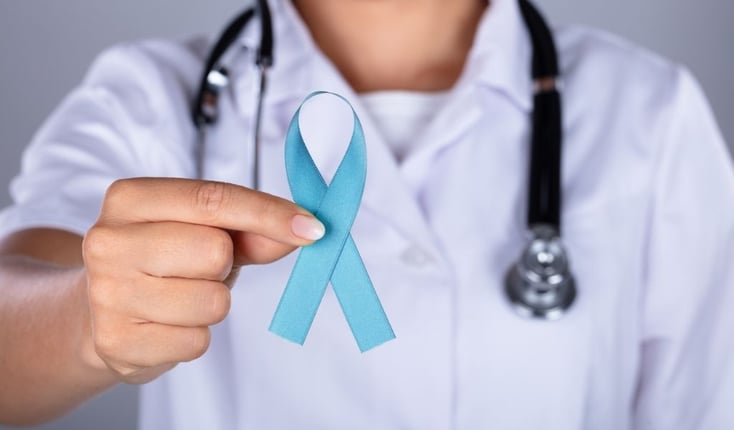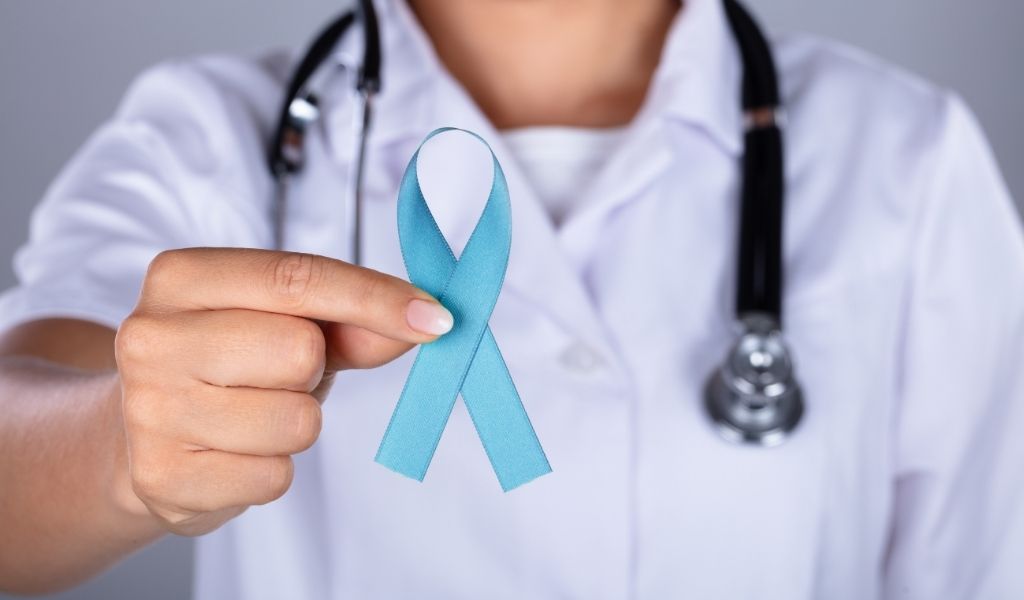Discover how a healthcare consultancy used insights gained from experts sourced by Techspert to...
Find out how a consultancy used primary market research to generate recommendations on how to improve the ovarian cancer patient journey.

The research project
Ovarian cancer (OC) is the seventh most common cancer and the eighth most common cause of cancer death in women worldwide¹, with the disease generally advanced at diagnosis due to its non-specific symptoms.
We supported our consultancy customer with primary market research in this disease area, recruiting nurses and physicians in the US, EU and Japan.
The purpose of this project was to identify and understand the challenges across the patient journey from an emotional perspective, in order to generate recommendations for the research sponsor on how to improve it.
Identified themes
Several recurring themes were identified for the research sponsor, including:
- Women were visibly putting their health as a second priority, behind that of their family and work responsibilities, which often delayed them in seeking care for their symptoms and receiving their diagnosis.
- Lack of public awareness of OC compared to other women’s cancers like breast cancer, despite the high mortality rate. Patients really had to push their doctors for extra tests to diagnose their OC, and frequently had to advocate for themselves.
Insights included
Following the expert engagements we facilitated, the customer developed a better understanding of investment plans in green energy projects and the technology to manage them. This enabled the customer to present their end client with recommendations informed by subject-domain experts which their end client used to inform their decision-making.
Some of the experts the customer engaged with included:
- Nurses and physicians across multiple countries often referred to OC as “The Disease that Whispers” due to its non-specific symptoms that initially seem innocuous (i.e., bloating, GI issues, back pain.)
- The women who has in place support systems- family, friends- tended to do better emotionally. Their outlook on their prognosis tended to be more positive.
1. World Cancer Research Fund- American Institute for Cancer Research





